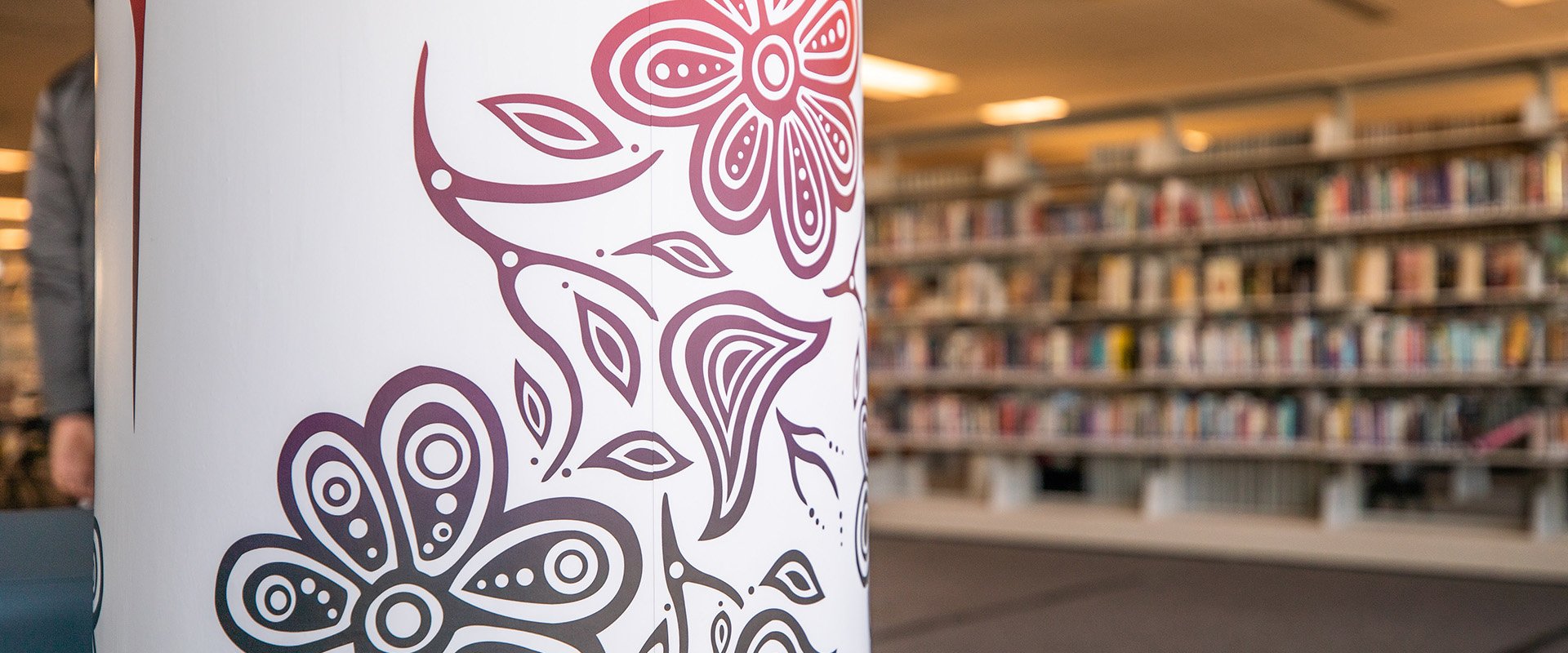Did you know that nearly 50,000 Indigenous-owned businesses in Canada, across various sectors, contribute more than $32 billion to the Canadian economy? And Indigenous Peoples, particularly women, are five times as likely as their non-Indigenous counterparts to start their own business?
Indigenous-owned businesses are thriving and making a significant contribution to our economy, yet these untold stories are not shared, and Indigenous entrepreneurs rarely receive recognition for their impact on the Canadian marketplace.
Inspired by the 2015 Truth and Reconciliation Report’s 94 Calls to Action — specifically, calls 63 and 64 that advocate for Indigenous voices to become part of the mainstream education curriculum in Canada — our research team identified the opportunity to shine a spotlight on Indigenous-owned businesses and create uplifting stories of successful Indigenous entrepreneurs across a variety of sectors that showcases how these businesses positively contribute to the Canadian economy.
Led by Humber Professor Audrey Wubbenhorst, our team developed Indsights: A Window into the Indigenous Economy – a breadth of free insightful multi-media case studies that are widely accessible to educators and can be used in the classroom. Indsights features stories that showcase the resiliency and strength of the Indigenous economy in Canada while challenging the perceptions of Indigenous economic prosperity and work towards decolonization.
Supported by a College and Community Social Innovation Fund grant from the Natural Sciences and Engineering Research Council of Canada (NSERC) in 2021, the team partnered with the Canadian Council for Aboriginal Business (CCAB) and Indigenous entrepreneurs to develop open-source education resources highlighting the successes and challenges of Indigenous businesses across Canada. Open-source educational resources are free for students and faculty to use.
The team is on track to complete 15 case studies on a variety of Indigenous businesses across Canada, ranging from food and beverage, engineering, aviation and tourism, commercial goods and apparel, and consulting services. Each case study includes a written component and a 10-to-15-minute video of the business leader telling their entrepreneurial journey in their own words. With a breadth of case studies and materials, the Indsights team is hoping to turn the content into an interactive micro-credential, free of charge to students and academics looking to learn more about the Indigenous economy in Canada.
After engaging with Indigenous business leaders, several key themes emerge, highlighting their resilience and dedication to their communities. Many of the entrepreneurs interviewed have minimal business experience and are developing these skills as they progress in their business journey. Furthermore, they are deeply connected with their communities and view their businesses as a way to give back and provide employment opportunities for members of their communities.
For Indigenous business leaders, challenges often include capital and resources available to businesses. Starting a business is costly, and for the Indigenous business leaders interviewed, getting access to start-up funds was mentioned as a barrier that many experienced. Many turned to bank loans, personal savings, and programs through CCAB to help fund their business. In recent years, efforts have been made by various levels of government to address the historical barriers faced by Indigenous communities in accessing capital and financial services, ensuring they have equitable opportunities to start and grow businesses.
The broader theme of reconciliation, particularly economic, also emerged when interviewing Indigenous business leaders. Indigenous business initiatives are guided by the pursuit of economic justice and addressing historical disparities, while advancing empowerment and prosperity for Indigenous peoples. Indigenous business leaders look at their businesses as key drivers of economic reconciliation. They also recognize the important role they can play in promoting inclusivity and ensuring equitable participation of Indigenous peoples in the economy.
Humber students have benefited from the material as well. The Indsights team has presented various case studies with fourth-year business students in Professor Maria Racanelli's classes. Following are some of the comments the team received:
“I love to learn new things and more about our country, land, culture, and history, including Indigenous people and their culture.”
“From today's case, I learned the importance of supporting Indigenous businesses especially because they have clear goals and a mission to give back to their community. Where I choose to support a business has an impact and can help a greater cause.”
“I learned a lot about Indigenous teachings and just how they impact not only our daily lives but, our businesses. It is a great concept that is being taught and spoken about and should be broadcasted more to everyone amongst our country and world.”
The Indsights case studies can be found on eCampus Ontario’s open digital learning platform and the Indsights website.
Audrey Wubbenhorst
Professor, Public Relations & Corporate Communications
Faculty of Media & Creative Arts
James Henebry
Project Manager, Office of Research and Innovation
Humber
Patrycja Szkudlarek
Research Assistant
Humber



